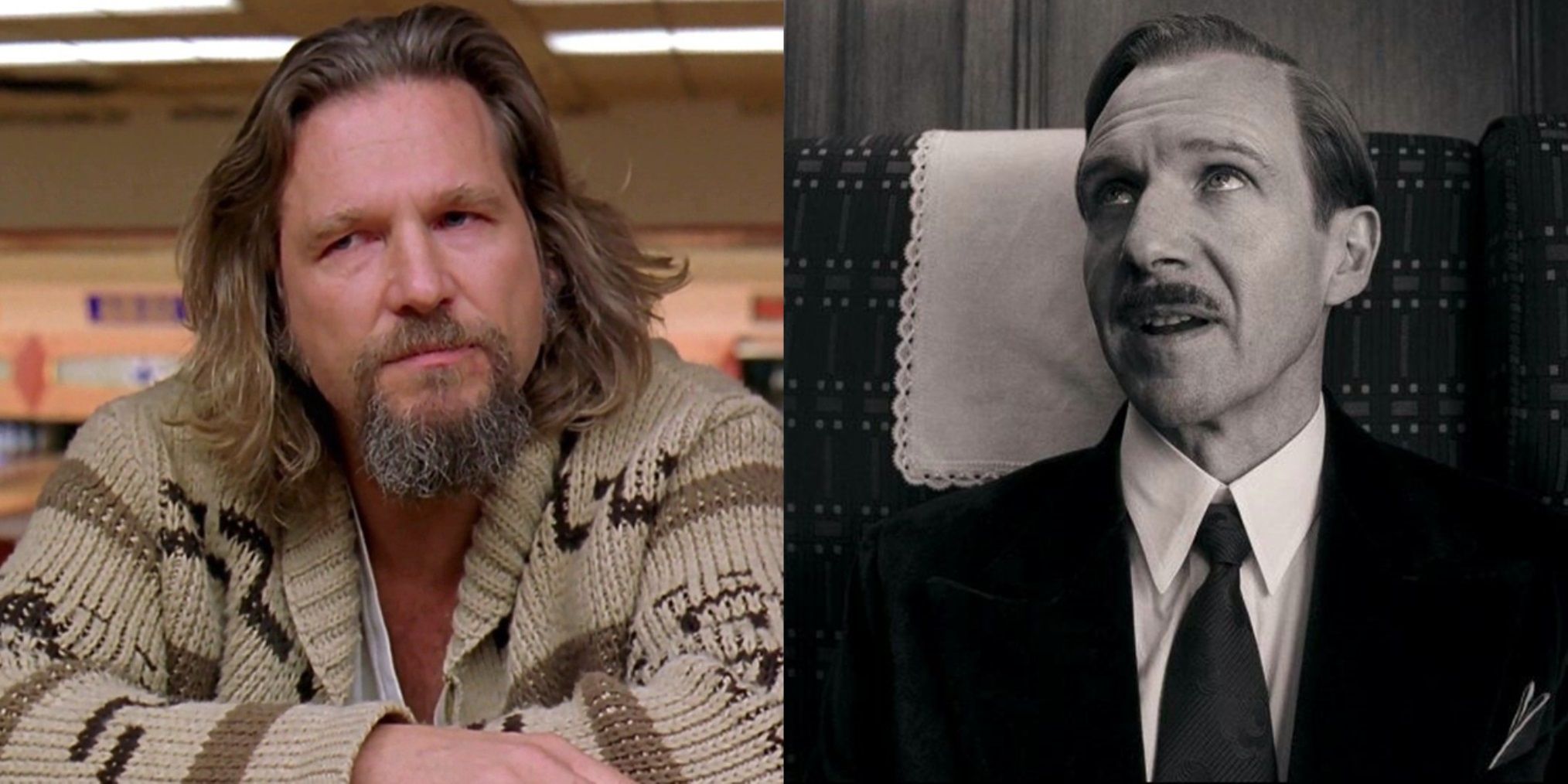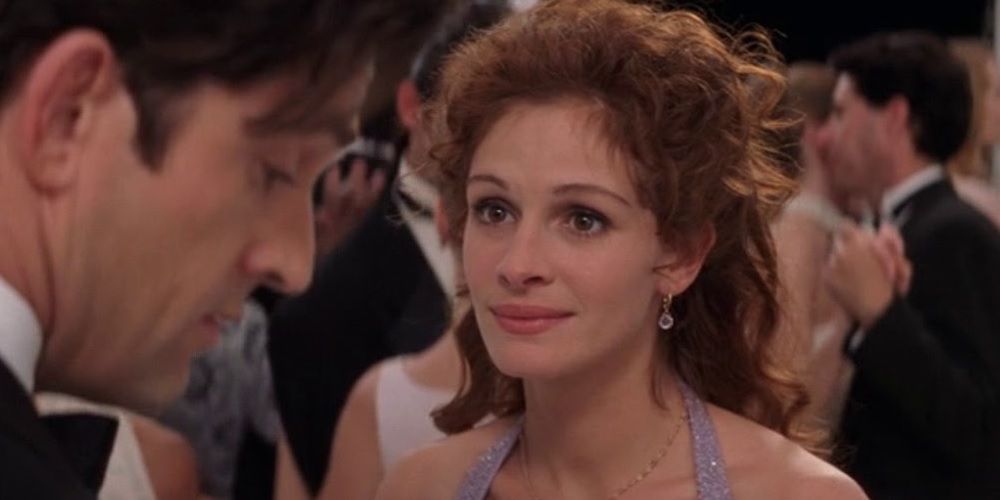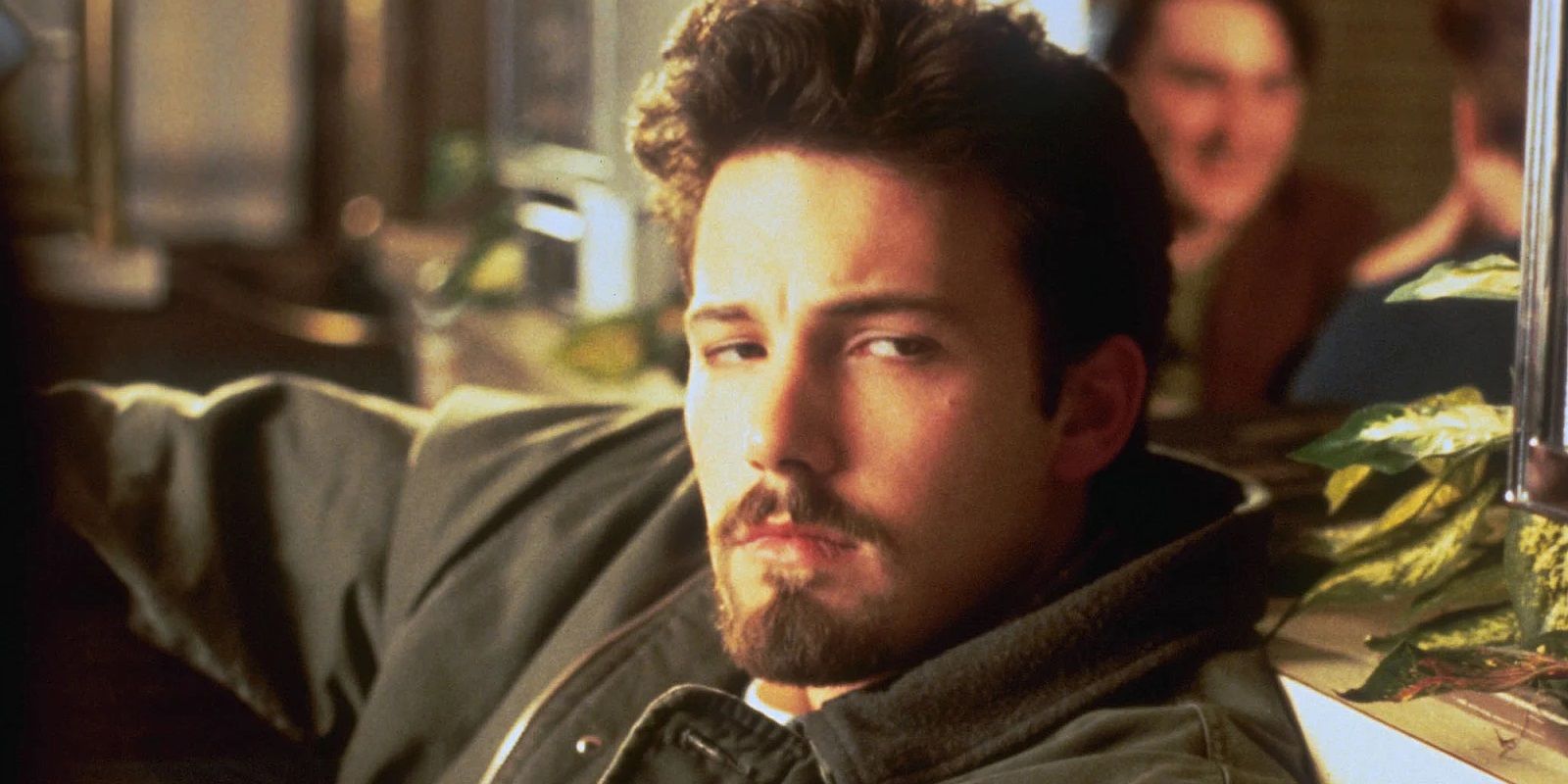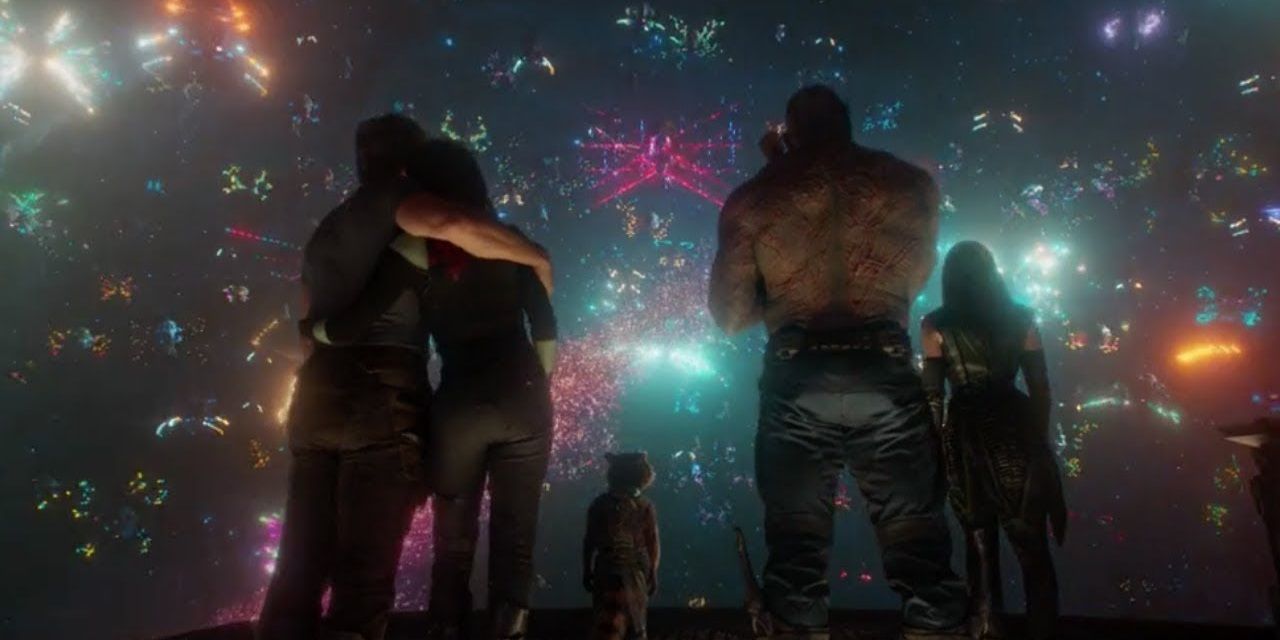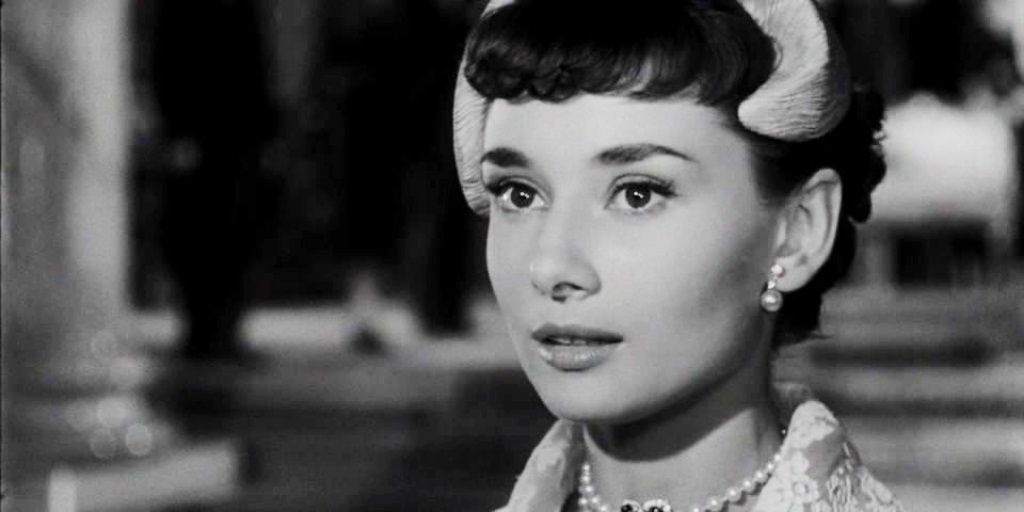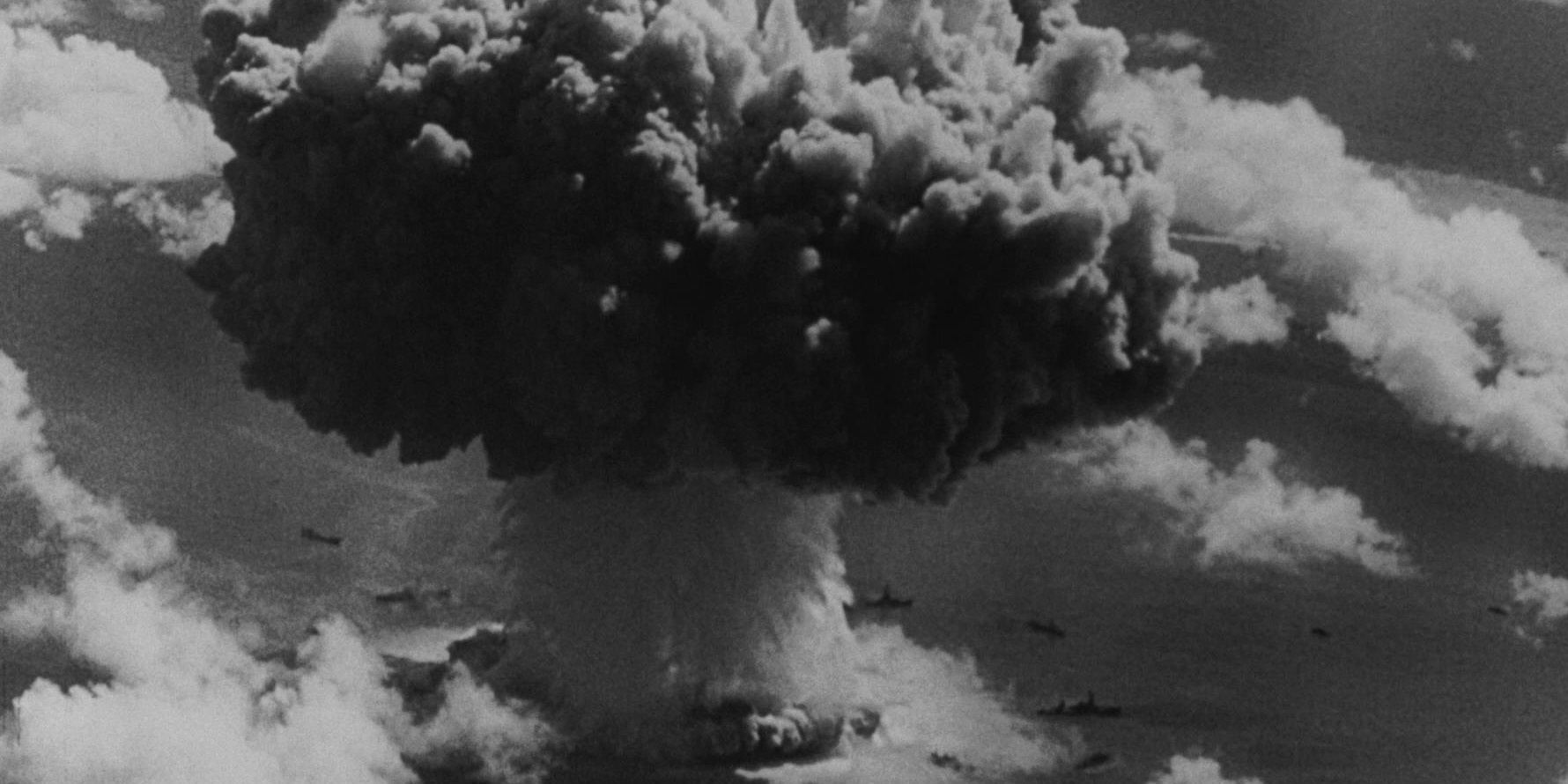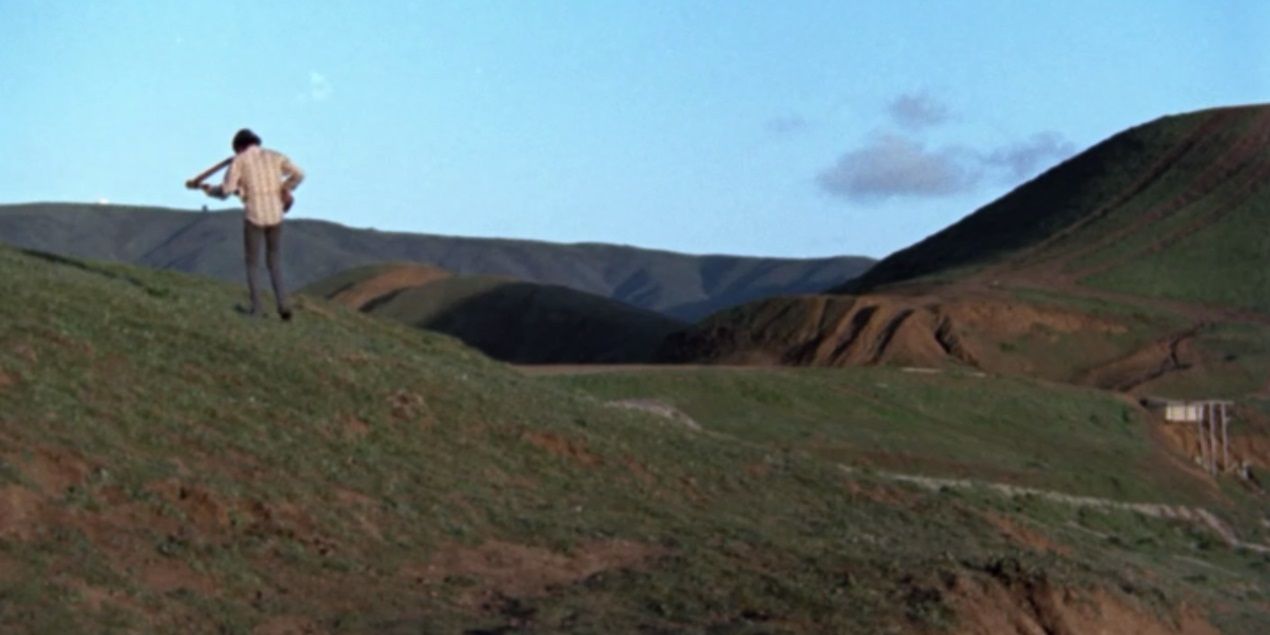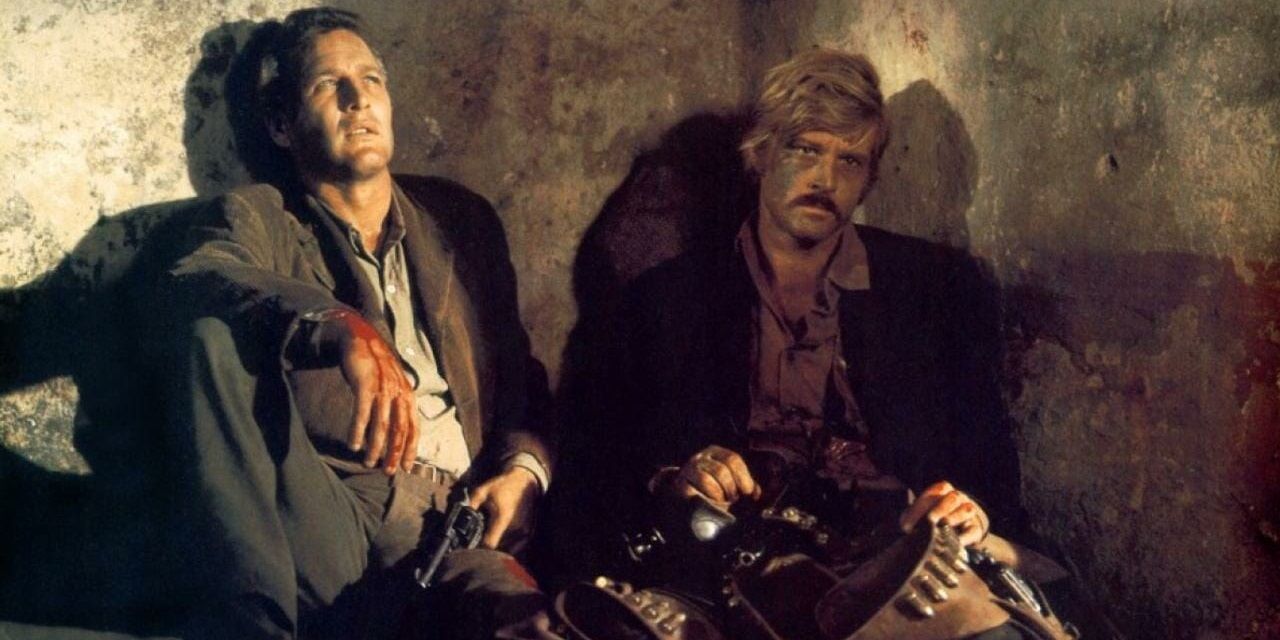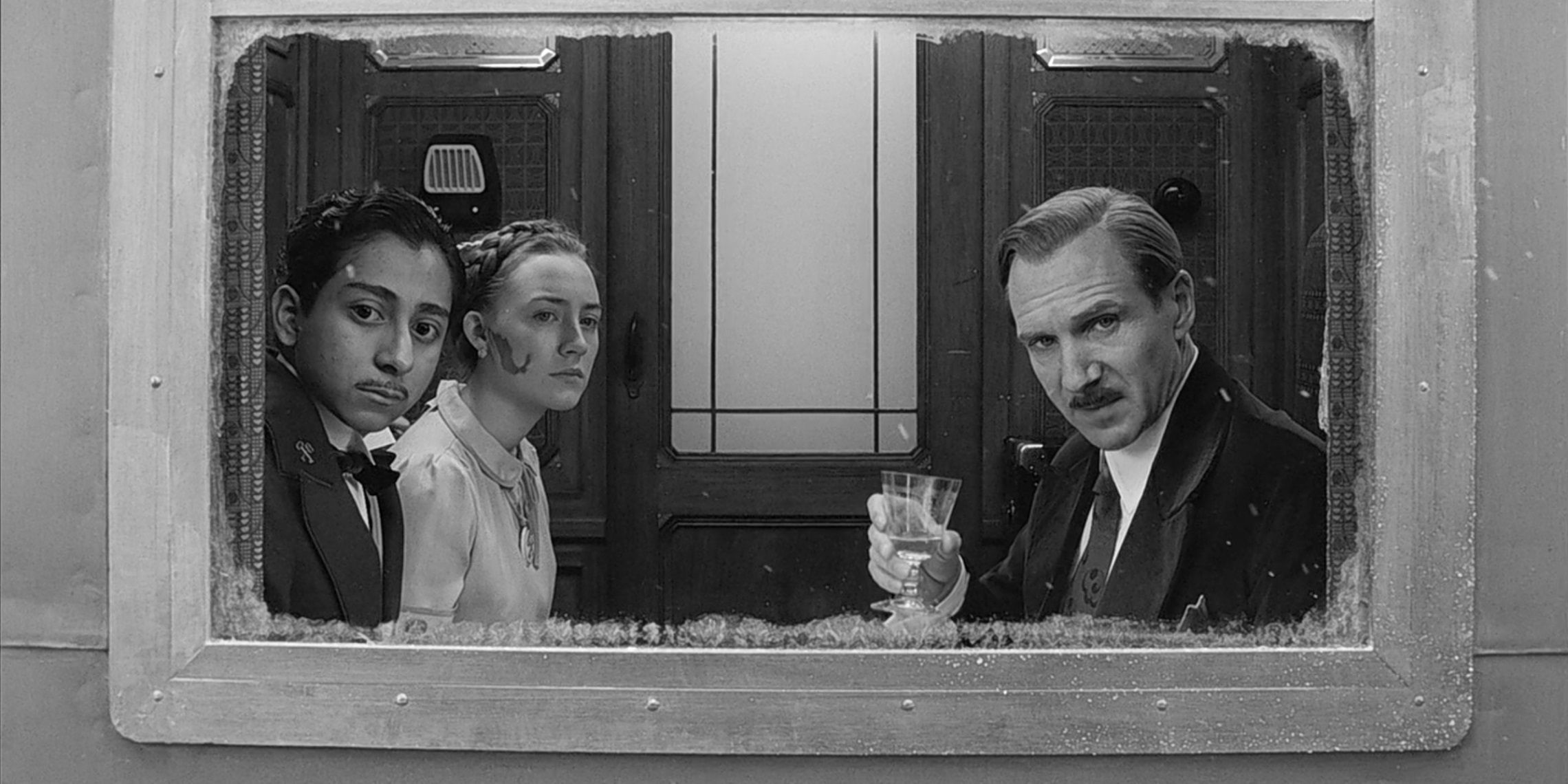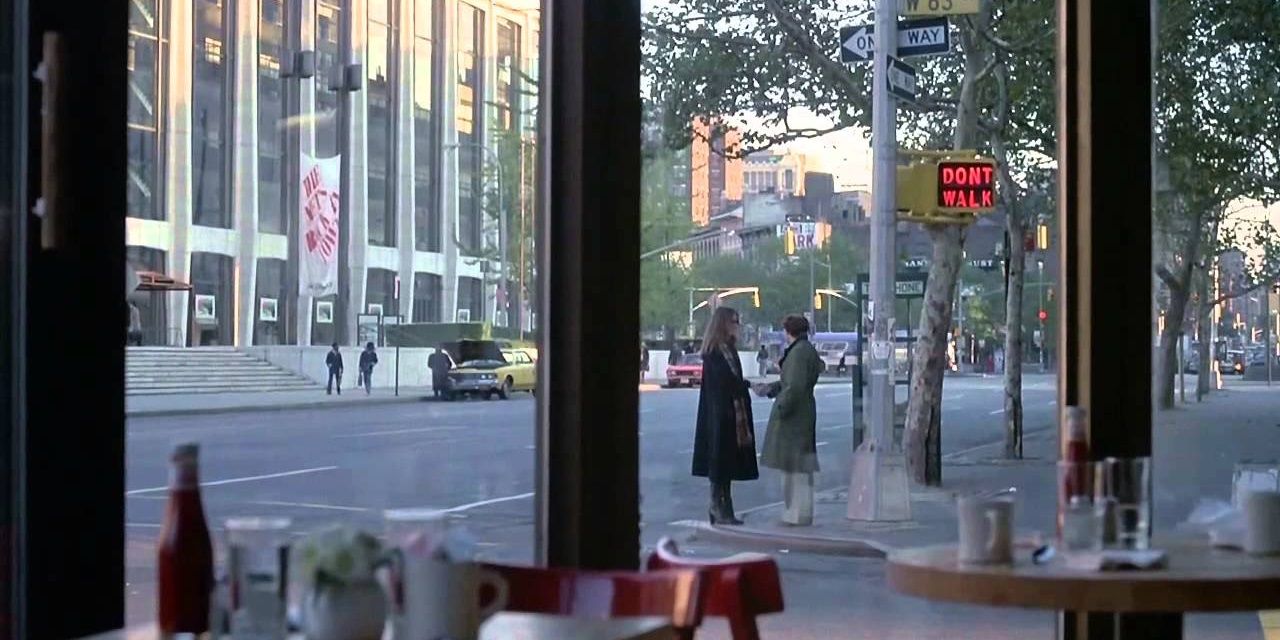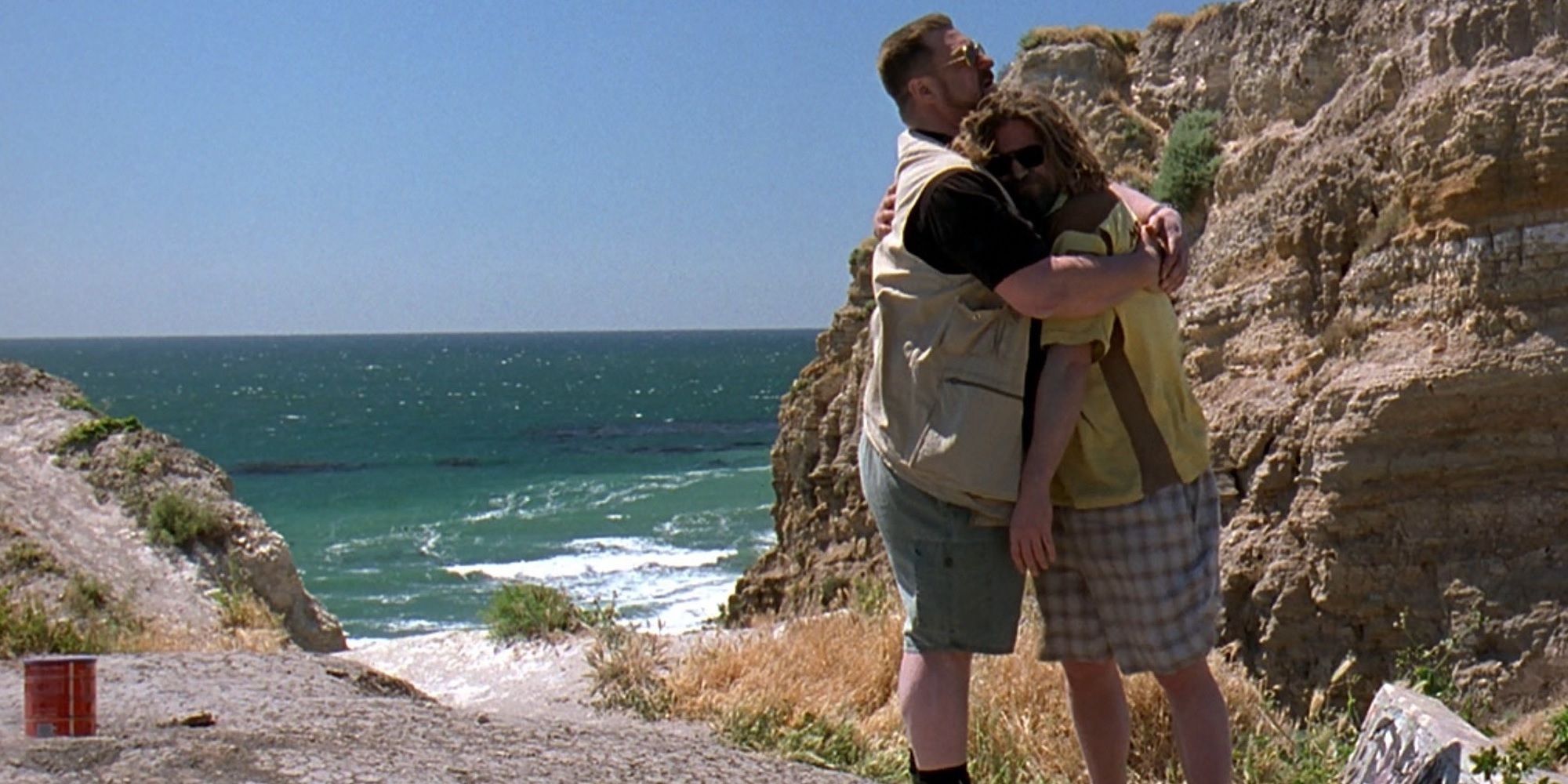The traditional definition of comedy, going back to ancient theater, simply refers to a play with a happy ending. Now, the genre is more broadly defined to apply to any story designed to make the audience laugh. They usually still have a happy ending, but that’s not always the case. Subversive filmmakers like Hal Ashby, Wes Anderson, and the Coen brothers have ended their classic comedies in surprisingly heartbreaking fashion.
From Donny’s death at the end of The Big Lebowski to Yondu’s funeral at the end of Guardians of the Galaxy Vol. 2, some comedy movies have devastated audiences with an unhappy ending.
My Best Friend’s Wedding (1997)
In one of Julia Roberts’ many hit romantic comedies, My Best Friend’s Wedding, she stars as a woman who is in love with her best friend. When this friend gets engaged to another woman, she recruits a different friend to pose as her boyfriend to make him jealous. The clichéd Hollywood ending would see Julia Roberts in the arms of the man she’s in love with.
But instead, the film has a much more mature conclusion: she lets him go, assures his fiancée that he really loves her, and painfully moves on. Not only does she relinquish the man she loves; she relinquishes their song, “The Way You Look Tonight.”
Chasing Amy (1997)
Arguably Kevin Smith’s most mature movie, Chasing Amy revolves around the painfully relatable insecurities that arise when Ben Affleck’s Holden falls in love with Joey Lauren Adams’ Alyssa and learns that she’s a lot more sexually experienced than he is. Rather than accepting her for who she is, his jealousy gets the better of him and he drives her away.
Holden’s romance with Alyssa gives him an idea for his next hit comic book, but he ultimately ends up alone and, in Silent Bob’s words, “chasing Amy.”
Guardians Of The Galaxy Vol. 2 (2017)
James Gunn’s Guardians of the Galaxy Vol. 2 is just as focused on comedy as its predecessor – with gags poking fun at David Hasselhoff, the name Taserface, and Drax’s “famously huge turds” – but its ending is truly heartbreaking.
Yondu’s sacrifice to save Quill confirms that he always loved him like he was his own blood and resolves the father-son themes of the sequel’s story. The funeral service, set to Cat Stevens’ “Father and Son,” leaves the audience in tears.
Roman Holiday (1953)
The heartbreaking ending of William Wyler’s romcom classic Roman Holiday is inevitable, but it still hurts every time. The film stars Audrey Hepburn as Princess Ann and Gregory Peck as Joe, the American journalist with whom she shares a whirlwind romance during a trip to Rome.
Of course, Ann was going to have to return to her royal duties and Joe was going to have to go back to his regular life. But they’re both clearly heartbroken when they have to part ways.
Dr. Strangelove (1964)
Stanley Kubrick’s timely yet timeless political satire Dr. Strangelove ends with the nuclear annihilation of all life on Earth. Nuclear explosions are seen all over the world, wiping out all traces of human existence.
The bittersweet irony of Vera Lynn’s “We’ll Meet Again” playing on the soundtrack points to the redundancy of World War II-era optimism in the age of nuclear arms and mutually assured destruction.
Harold And Maude (1971)
Hal Ashby’s deliciously dark comedy classic Harold and Maude revolves entirely around death. Harold is a nihilistic 19-year-old who’s obsessed with death and stages elaborate suicide fantasies to annoy his mother, while Maude is a 79-year-old Holocaust survivor who embraces the joys of life.
In the tragic finale, as promised, on her 80th birthday, Maude takes her own life. But there’s a hopeful note to the movie’s ending as losing Maude inspires Harold to finally embrace life for himself.
Butch Cassidy And The Sundance Kid (1969)
George Roy Hill subverted every expectation of the western genre with his hilarious buddy comedy Butch Cassidy and the Sundance Kid. Butch and Sundance don’t thwart bank robbers; they are bank robbers. They don’t face danger head-on; they flee the country. In the final scene, low on ammo and surrounded by the Bolivian Army, they finally run out of options.
Taking cover in a nearby building, despite knowing their number is up, Butch and Sundance make plans to flee to Australia next. They go out, guns blazing, and the film ends on a freeze frame as the Bolivian troops’ relentless gunfire takes over the soundtrack.
The Grand Budapest Hotel (2014)
Wes Anderson’s storytelling style is defined by tragicomedy. All of his movies have silly comedic moments, but there’s often a melancholic undercurrent and a tragic ending. Dignan goes to prison, Royal Tenenbaum dies after achieving redemption, and Steve Zissou spares the jaguar shark after losing his son.
In The Grand Budapest Hotel, one of Anderson’s wackiest films to date, the lovable M. Gustave is killed by a fascistic death squad after defending his immigrant lobby boy’s rights. Zero shares a heartfelt memorial message: “There are still faint glimmers of civilization left in this barbaric slaughterhouse that was once known as humanity. He was one of them.”
Annie Hall (1977)
At the beginning of Woody Allen’s fourth-wall-breaking romantic comedy masterpiece Annie Hall, Alvy Singer tells the audience that he and Annie have broken up. What follows is an incisive look at modern relationships through the lens of Alvy and Annie’s tumultuous on-and-off romance.
At the end of the movie, some time after their love faded, Alvy and Annie bump into each other on the street, each with a new partner. Alvy sums up the necessity of love, despite the anguish that comes with it, with a poignant metaphor: “We need the eggs.”
The Big Lebowski (1998)
For the most part, the Coen brothers’ stoner noir The Big Lebowski parodies the overcomplicated mystery plotting of Raymond Chandler novels. But when the mystery plot is wrapped up and everything seems to go back to normal in the Dude’s carefree, weed-hazed life, tragedy strikes.
The nihilists attack the Dude and his friends in the parking lot of the bowling alley and, in the excitement, poor Donny dies of a heart attack. After a disastrous ash-scattering, the Dude embraces Walter, goes back to bowling, and Townes Van Zandt’s “Dead Flowers” plays the movie out.

